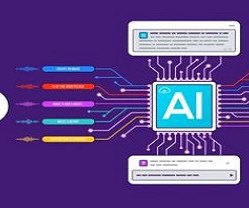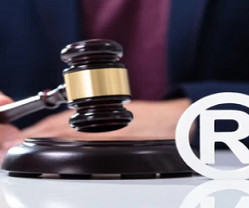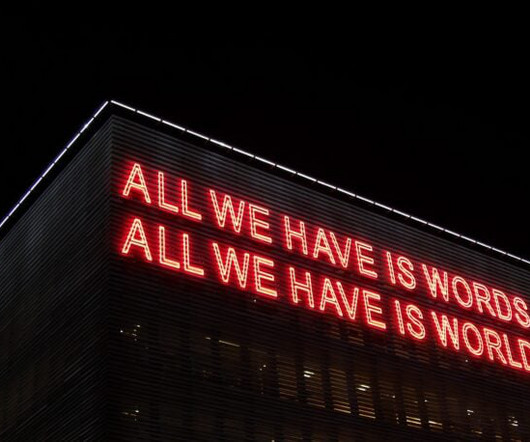Advent of AI Voice Generation and Threat to Personality Rights
IP and Legal Filings
MAY 17, 2024
The development of Artificial Intelligence, from being able to create edited photos to now generating deepfake videos that cannot be distinguished from real videos, has created an imminent threat to intellectual property rights and personality rights specifically. How can such rights be enforced under the existing legal framework?













Let's personalize your content